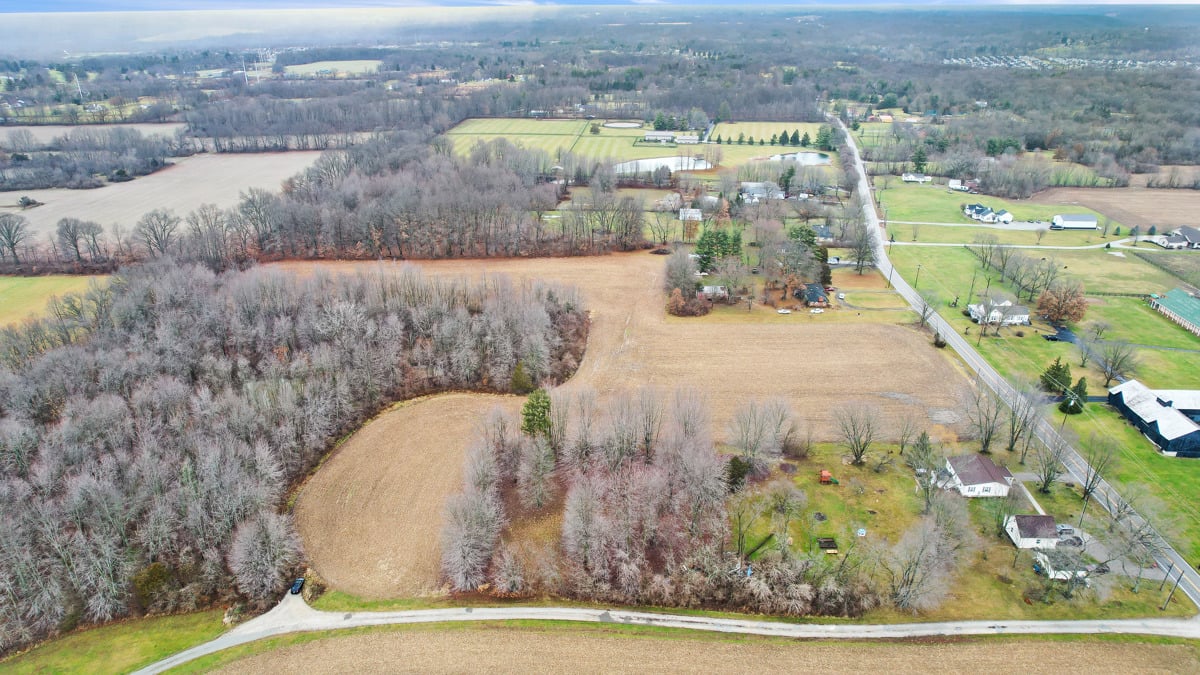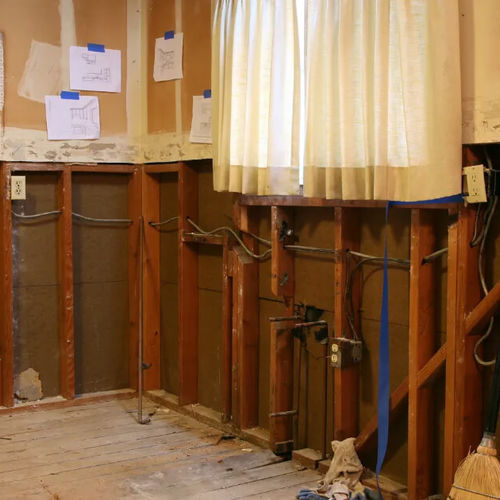Brice Allen, Realtor at Oyler Hines of Coldwell Banker in Cincinnati is on site and ready to walk you through what to consider before buying a piece of land.
1. Boots & Permission🤣
- Gear Up! If it is undeveloped, bring your boots and wear appropriate clothing so you can walk the property.
- Consult with a Realtor who has experience in buying land so they can set up a time to visit and they can review any contracts or agreements related to the property purchase and ensure all aspects are addressed properly.
2. Location, Location, Location
- The location of the property is crucial. Consider factors such as proximity to amenities like schools, hospitals, shopping centers, and public transportation. Also, assess the neighborhood’s safety, noise levels, and overall ambiance.
- Evaluate the accessibility of the property in terms of roads and transportation networks. Easy access to major roads and highways is essential for commuting and future property value.
3. Utilities & Zoning
- Check the zoning laws and regulations in the area to ensure your intended use for the property aligns with local ordinances. This includes checking for any building restrictions, setbacks, height limits, and easements.
- Research any planned developments or infrastructure projects in the area that could affect the property’s value or quality of life. This includes new roads, commercial developments, or zoning changes.
4. Lay of the Land
- Assess the land’s topography and soil quality to understand any potential challenges for construction. Steep slopes, rocky terrain, or poor soil conditions may require additional expenses for site preparation.
- Investigate any environmental factors that may impact the property, such as flood zones, wetlands, or protected habitats. Compliance with environmental regulations may be necessary, and addressing any environmental concerns upfront can prevent future complications.
- Conduct a property survey to confirm boundaries and ensure there are no encroachments or disputes with neighboring properties.
5. Cost, Budget, Resale
- Consider the overall cost of purchasing the property, including taxes, closing costs, and any additional fees. Develop a realistic budget for purchasing the land and completing construction based on your financial resources.
- Assess the property’s resale potential by considering factors such as market trends, demand for housing in the area, and the overall attractiveness of the location to potential buyers.




